
Addiction needs no introduction. We all know somebody who struggles with a beguiling lifelong attraction to the very substance that is their undoing.
Introducing, in a word, hope: The University of Minnesota’s Medical Discovery Team on Addiction. It’s a passionate group of researchers from different disciplines armed with newfound knowledge about the brain’s central role in addiction and the technology to push that understanding even further.
Ultimately, they joined forces to discover new solutions, if not an outright cure, for a disease that not only destroys the lives of people who suffer from it, but friends and family caught in the freefall.
Says Dr. Jakub Tolar, dean of the University of Minnesota’s Medical School: “What excites me is not just having the players, but having them as a team, benefiting from each other’s experiences and training.”


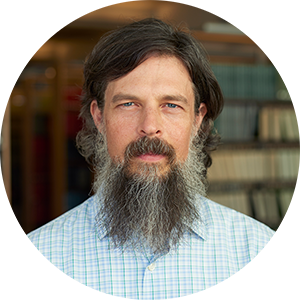
Professor
Department of Neuroscience
It’s only been within the last several decades that addiction has even been recognized as a disease.
Before that, it was considered a moral problem, a stigma that still prevents people from seeking help.
But after decades in the lab, Dr. Mark Thomas, a professor of neuroscience, can assure you of this: Repeated use of drugs definitely causes discernable changes in the brain. What’s more, even in recovery that rewiring continues. The question he hopes the U’s Brain Imaging Center helps him answer is whether it’s possible to make repairs.
“By understanding brain activity patterns underlying things like intense cravings, we have the opportunity to target them with tools like neurostimulation.”
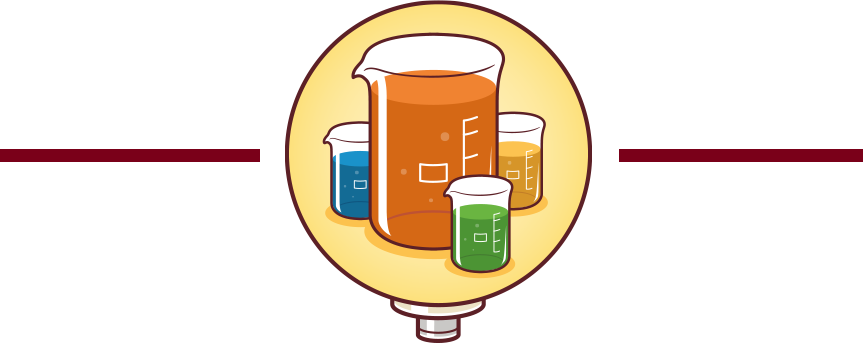
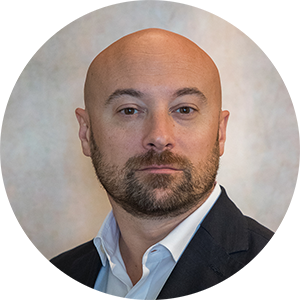
Associate Professor
Department of Pharmacology
No wonder the lab of Dr. Marco Pravetoni, an associate professor of pharmacology and medicine, has transitioned from discovery to clinical evaluation of vaccines against opioids.
Almost 12 years ago, he developed a first of its kind vaccine targeting oxycodone that, among other uses, can provide a measure of protection for people in danger of relapse.
Drugs of abuse, he explains, are normally too small for the immune system to recognize. So he and his team modify them, attaching larger immunogenic carriers that make them large enough to be “seen.” The antibodies generated in response prevent the drugs from reaching the brain, which reduces the high and toxic effects.
Pravetoni says: “We’re hoping that within the next decade we’ll reach the pharmacy shelf.”

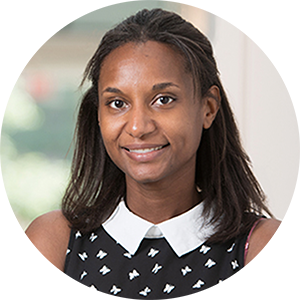
Assistant Professor
Department of Pharmacology
It’s addiction’s most heart wrenching experience: That ever present danger of relapse, even after years of recovery, says Dr. Sade Spencer, an assistant professor in the pharmacology department.
Her work, in the lab, studies tiny, but powerful, neurons and the circuits they form that are altered by the abuse of drugs. That “sometimes enduring” rewiring produces a programmed response to a cue, like bumping into old friends, that triggers people to use again.
Spencer says: “There’s hope that we can utilize viral tools like drugs to turn on or off specific circuits and have an impact on relapse in that way.”

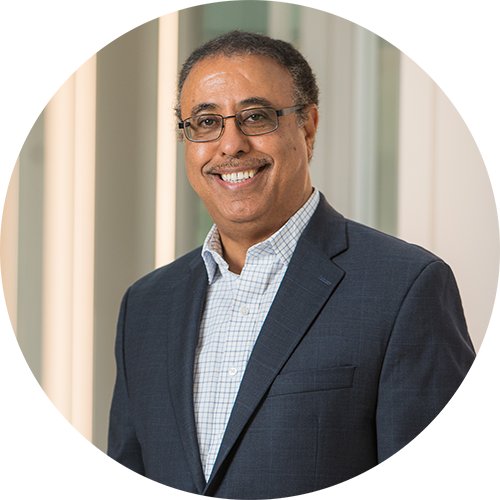
Professor
Department of Family Medicine
and BioBehavioral Health
It’s one of addiction’s most pressing questions: Why me?
The answer lies somewhere in the beauty of humanity and its diversity – that we’re all individuals, says Dr. Mustafa al’Absi, a professor of family medicine and biobehavioral health at the U’s Medical School Duluth campus.
Things like our genetics, upbringing, life experiences and stress – which all have influence on brain chemistry – are part of a complicated cocktail that can lead us to addiction and keep us in the vicious cycle of relapse.
Which, he adds, makes the Team’s work that much more compelling: “We’re all working on the same problem, from multiple points of view. We’re getting closer and closer to finding effective means that work with different individuals.”
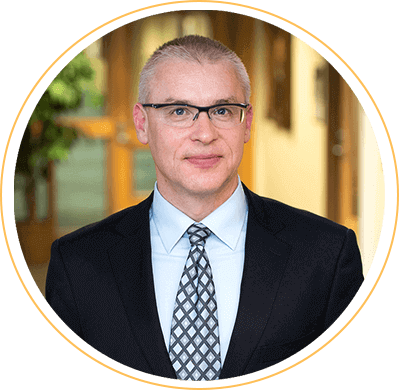
Dean of the University of Minnesota Medical School
No wonder the legislature charged its Land Grant Medical School with solving addiction, says Dr. Jakub Tolar.
The “disease of despair” is partly to blame for a life expectancy rate that, for the first time since World War I, declined.
“If we don’t do something, we’ll leave it to our children to deal with."
M Health Fairview – Mental Health and Substance Abuse:
Boots on the Ground: A Call to Action! Friday, 12/4/2020, virtual conference:
Inspired
Contact us at: